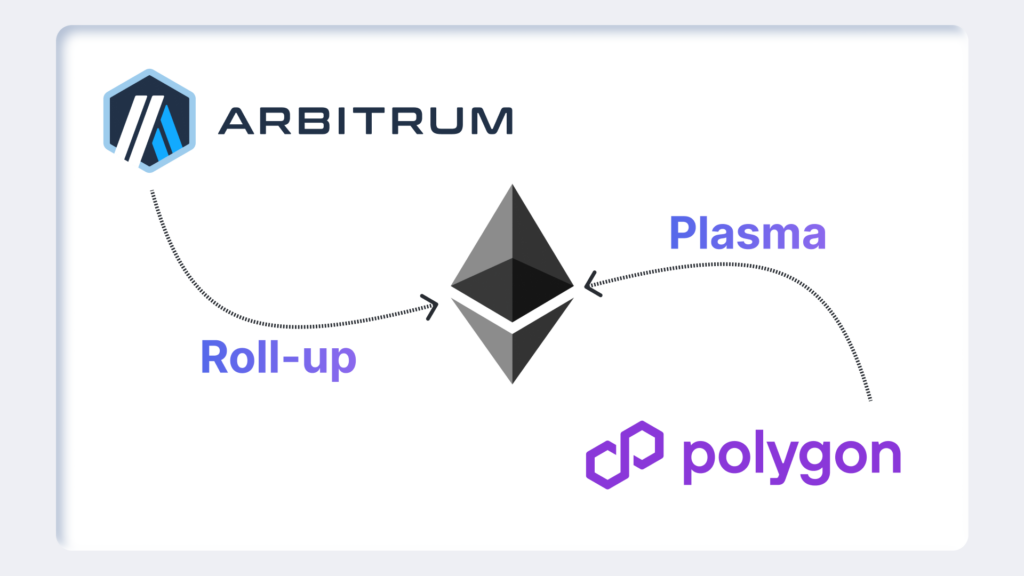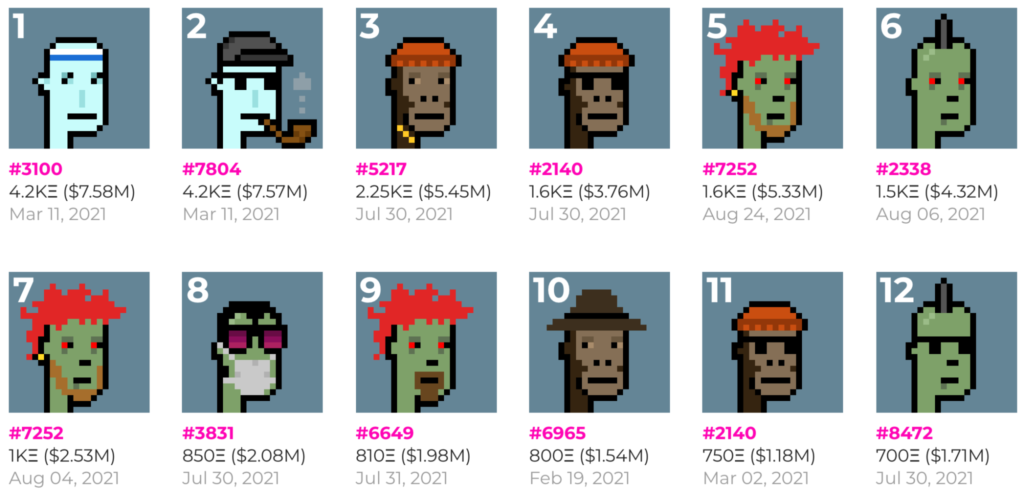Brazil is on the cusp of a financial revolution as its central bank prepares to roll out Drex, the country’s new digital currency. Leading financial institutions, including Itau Unibanco, BTG Pactual, and Santander Brasil, are ramping up their efforts, expanding their teams, and investing heavily in the necessary technology infrastructure to support the nationwide implementation of Drex.
Central Bank President Roberto Campos Neto, a staunch advocate for digital assets, has been instrumental in driving this initiative forward. Appointed in 2019, Campos Neto has consistently emphasized the transformative potential of blockchain technology, viewing it as a catalyst for enhancing the stability and efficiency of financial systems, rather than a fleeting trend.
Scheduled for launch in 2024, Drex promises to revolutionize Brazil’s financial landscape. The central bank-regulated platform will leverage blockchain technology to create a new ecosystem, enabling the digitization or “tokenization” of a wide array of financial assets, from equities to bonds. This innovative platform will facilitate seamless asset transfers through digital transactions, all processed and verified within the Drex ecosystem by banks and other authorized entities. While the Drex system itself will not issue digital tokens, it will provide a robust platform for the creation of such digital assets.
This pivotal moment in Brazil’s financial sector is a testament to the country’s commitment to digital transformation. Itau Unibanco, for instance, has already launched a digital asset custody service earlier this year, with plans to extend its offerings to individual consumers. This move aligns with the broader trend of embracing digital currencies, spurred by recent regulatory changes in Brazil.
The country’s Securities Exchange Commission has enacted new legislation, effective from October 2nd, allowing hedge funds to allocate up to 10% of their managed assets in digital currencies. This marks a significant departure from previous restrictions, which barred Brazilian investment funds from directly acquiring digital currencies, as they were not classified as financial assets.
As Brazil stands on the brink of this digital currency revolution, the proactive stance of its major banks and the supportive regulatory environment are laying the groundwork for a seamless transition into this new era of finance.
This article is for information purposes only and should not be considered trading or investment advice. Nothing herein shall be construed as financial, legal, or tax advice. Bullish Times is a marketing agency committed to providing corporate-grade press coverage and shall not be liable for any loss or damage arising from reliance on this information. Readers should perform their own research and due diligence before engaging in any financial activities.


